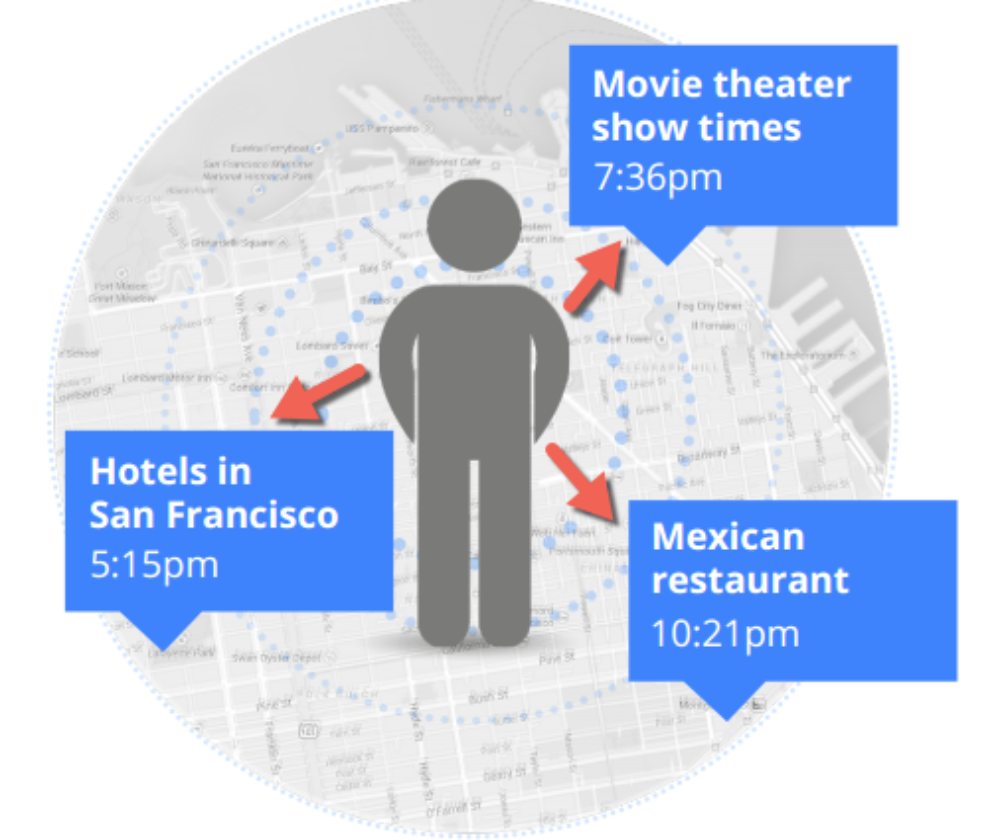Local search marketing is becoming the epicenter for marketing efforts of local businesses around the globe. Small businesses are recognizing the need to capture consumer interest close to the point of sale and certainly during the research stages of the sales cycle. That’s because they realize that local searchers take action. In fact, according to Google’s May 2014 study entitled ‘Understanding Consumer’s Local Search Behavior,’ 50% of consumers who conducted a local search on their smartphone visited a store within one day, and 34% who searched on computer or tablet did the same.
Although many local businesses are meeting this marketing demand head on, some continue to struggle to leverage its ability to generate strong leads. As a result, they fail to capitalize on the consumer’s intent to buy while missing out on potential revenue opportunities. In this post, you’ll learn of local search engine marketing factors that will help you whip your website into shape and have your brand stand out amongst competing local businesses.
Link Google+ My Business Page with Website
Get your website verified on your Google Plus page. You can either do this through Webmaster Tools or through a line code. This is different from Publisher Markup although it uses the same line of code in that, the goal here is to receive the Google checkmark that confirms that your website is the ‘official’ website of the Google Plus Page. This checkmark attracts more attention to your business listings and is one of the first ways to establish trust with consumers as they conduct research online. For more detailed steps on how to link your Google Plus page to your website visit Google’s support page.
Get Your Mobile Site In Shape
A healthy website receives 40% of its traffic from mobile devices. Unfortunately, many businesses don’t have a highly functional mobile user experience. Their websites lack a responsive design or they are using awkward technologies, not understanding the true nature and behavior of mobile traffic.
The mobile user’s needs are urgent. They want the information fast, simple and with the least number clicks to accomplish their goals. Whether it’s finding out store hours for a particular business, performing category search for local dining options or checking out product reviews in-store, it’s important to optimize your mobile site to cater to these specific mobile search needs. At HttpFusion, we practice responsive website design to create a user experience that is specific to the device. Learn how we can create an optimized mobile web design experience for your business.
Work on Getting More Reviews
Reviews are ranked as one of the top five most important ranking factors for local SEO and have an enormous impact on the purchasing decisions of consumers. Websites with positive reviews are perceived as being more reliable and trustworthy, therefore waiting for a review to come can be an expensive mistake. Be proactive and ask customers to leave you a review online. Incentivize them to share their experience with your brand. Make it easy to click through to review sites by posting these links on your website.
Implement Social Cues
Include social media metadata on your website in order to optimize for sharing. This way, you can determine exactly how descriptions and images appear in social streams. Controlling these factors helps you to increase your conversion rate for social exposure while allowing content to spread more easily. Moz has a great resource for including social meta data into your website.
Discovering better ways to promote your local business online will give you the advantage that you need to stay competitive. It’s a small piece of your overall marketing efforts but can be just what you need to be one step ahead. Ensure that your business is ranked in 1 of the 7 potential spots that can be filled when local listings are pulled from the result of a search query. To learn more about optimizing your website for local search marketing ‘Like’ us on Facebook or Follow us on Twitter.



